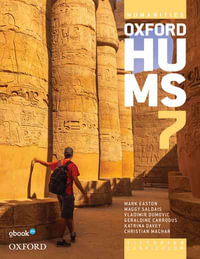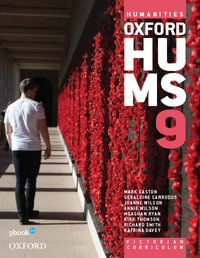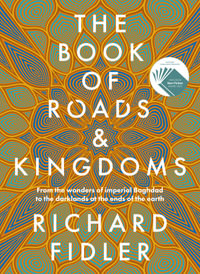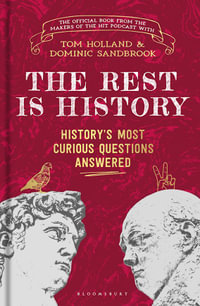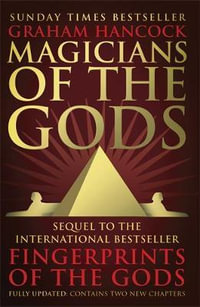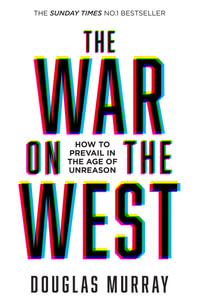This book looks at the role of Methodism in the Revolutionary and early national South. When the Methodists first arrived in the South, Lyerly argues, they were critics of the social order. By advocating values traditionally deemed "feminine," treating white women and African Americans with considerable equality, and preaching against wealth and slavery, Methodism challenged Southern secular mores. For this reason, Methodism evoked sustained opposition, especially from elite white men. Lyerly analyzes the public denunciations, domestic assaults on Methodist women and children, and mob violence against black Methodists. These attacks, Lyerly argues, served to bind Methodists more closely to one another; they were sustained by the belief that suffering was salutary and that persecution was a mark of true faith.
Industry Reviews
"Methodism and the Southern Mind excels through close analysis of extensive primary sources. ... Methodism and the Southern Mind ought to appeal to a wide audience. The prose is clear, accessible and captivating. Scholars versed in Methodist history will no doubt already be familiar with this timeless publication, but historians new to the scene would benefit from the insights gleaned from in-depth case studies of Southern Methodist
figures."--Claire Cooke, Journal of Religious History, Religious History Association
"Lyerly's accessible, captivating, compelling work deserves a wide hearing."--History
"...she brilliantly illuminates the terms of engagement between Methodists and those discomfitted by their social presence."--The Southern Quarterly
"Beautifully written, meticulously researched, and cogently argued, Methodism and the Southern Mind provides a fascinating analysis of early Methodism in the American South....a richly nuanced account....Lyerly has given us a powerful and important account of the beginnings of one of the antebellum South's largest and most important religious movements."--Church History
"A must-read for religious specialists."-- The Journal of Southern History
"One of the finest, most sensitive , and well-written works on Edwards available in recent years. Indeed, one gets the impression that [McDermott] has gotten Edwards 'right.' . Quite simply, [McDermott] proves that even in areas where we might expect little, Edwards rewards the reader richly."- Theological Studies
"This is a fine and detailed study of the 'possibilities and limits of dissent' among early Methodists, brimming with good sense and solid research."--The Journal of American History
"Having thoroughly immersed herself in the religion, society, and culture of early America for two decaes, Lyerly is well equipped to show how and to whom Methodist preaching, ubiquity, aggressiveness, and organization appealed."--William and Mary Quarterly
"Lyerly's accessible, captivating, compelling work deserves a wide hearing."--History
"...she brilliantly illuminates the terms of engagement between Methodists and those discomfitted by their social presence."--The Southern Quarterly
"Beautifully written, meticulously researched, and cogently argued, Methodism and the Southern Mind provides a fascinating analysis of early Methodism in the American South....a richly nuanced account....Lyerly has given us a powerful and important account of the beginnings of one of the antebellum South's largest and most important religious movements."--Church History
"Lyerly examines Methodism separately from other evangelical sects. Moreover, she analyzes religious thought and practice on their own terms, not s the expression or reflection of Revolutionary republicanism or other secular ideologies... [the book] challenges the notion that Methodism and evangelicalism were, in part, tools for elite hegemony... Lyerly employs the creative reading of conventional sources (itinerant's reports, church histories) with arduous
manuscript research... Methodism and the Southern Mind is an accessible, penetrating analysis of an era of Methodist history that has been overshadowed by the Church's remarkable growth in later decades.
It deserves a wide readership."--Journal of the Early Republic



